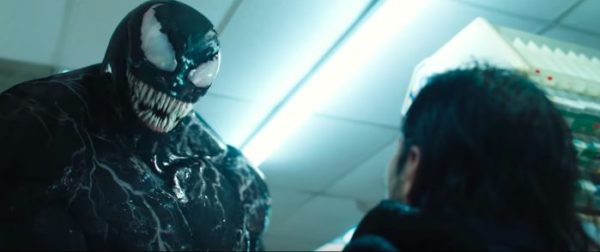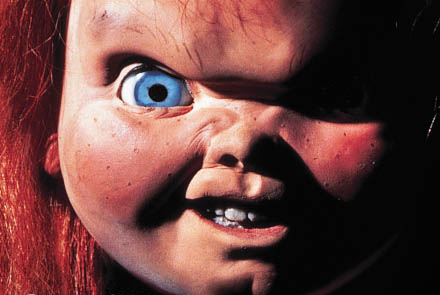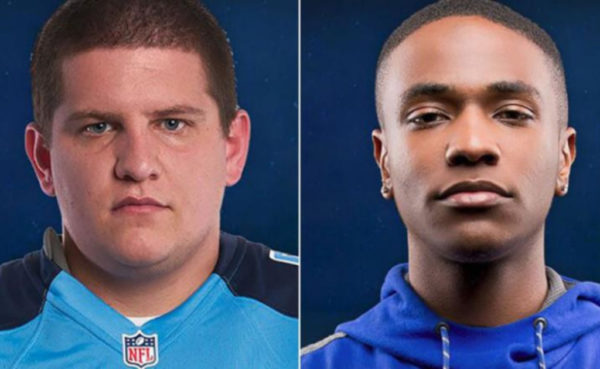Stanley Kubrick’s first few films show how a genius grows. His career started with Fear and Desire, a war film that he himself buried from public consumption, then moved on with a pair of unique film-noirs. The first was 1955’s Killer’s Kiss, a weak, 65-minute film about a boxer. The saving grace of that film is the real New York locations that give it a documentary feel, but the mediocre acting and bumbling story keep it from being great. The next year, though, Kubrick made The Killing, the movie that put him on the map, got him the attention of Kirk Douglas and the rest, as they say, is history.
The Killing is about the perfect crime. A group of small-time criminals led by Johnny Clay (Sterling Hayden) are planning to rob a horse track of $2 million. The film actually starts off with the heist beginning and then a sly narrator takes the audience through the planning of the crime (this is obviously something that Quentin Tarantino picked up for Pulp Fiction). What then ensues are segments explaining what drives these two-bit thieves. However, it is the pathetic story of the track’s cashier, George Peatty (Elisha Cook, Jr.) and his beautiful wife, Sherry (Marie Windsor) that Kubrick is more interested in. After all, it is Sherry and her lover (Vince Edwards) who starts a chain of events that leads to the improbable ending.
Kubrick filled this film with a roster of character actors, people who never really got to shine in the studio system behind major stars. It’s like a detective movie where there is no detective played by a dashing leading man, and that’s what makes it 84 minutes of pure blissful noir fun. Only Sterling Hayden, better known for a small part in The Asphalt Jungle, could deliver a line like “You got a big dollar sign where most women have a heart.” (As Hayden showed us in Dr. Strangelove, he’s also the only person who could seriously make us believe that the Russians are after our bodily fluids.) Only Elisha Cook, Jr. could look as wide-eyed as possible and only Timothy Carey could be believable as a sadistic hit-man hired to shoot a horse.
Then there is that wonderful, tight script by Kubrick and novelist Jim Thompson, based on Clean Break by Lionel White. The story humanizes these criminals, who the audience should really care less about. Thompson came up with all those lyrical, poetic lines, the best of which are given to George and Sherry. I love Sherry’s responses as George tires to tell her a story. “They weren't young, exactly,” says George. “She was about my age, you said. Not any more. Maybe she was when you started this story, but not now,” Sherry responds. Then later: “The moral? The punch line, George?” “Forget it, Sherry. Just thought I'd tell you about it, but I might have known.” Stuff like that is what makes noir one of the best genres to come out of Hollywood.
The Killing is proof that Kubrick hit the ground running. It is not as thought-provoking or visually spectacular as later films, but it is fun. The film features some of the themes Kubrick would touch on later, like chance. Even the best laid plans fall apart. The perfect space mission in 2001, the perfect con in Barry Lyndon or the perfect military plans in Full Metal Jacket all have the same thing in common with The Killing’s perfect crime. For Kubrick devotees, this a great way to see where the genius started to bloom. For others, The Killing might just be one of the most enjoyable, brisk crime movies ever made.



